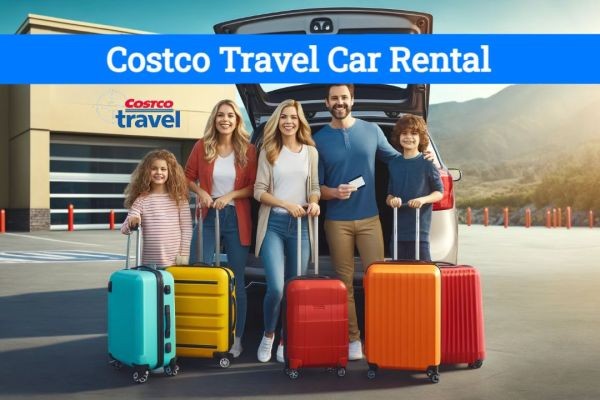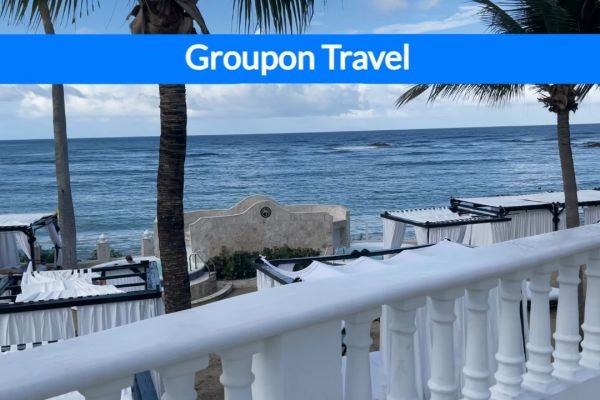Learn the top 3 SEO strategies that will take your travel blog to new heights—discover how to master keywords, content, and links.
08/12/24 • 121 Views
To enhance your travel blog, focus on three SEO strategies. First, perfect your keyword mastery by selecting high-search-volume keywords with low competition. Utilize tools like Semrush to discover them and make sure your content aligns with user intent. Second, optimize your content. Aim for posts over 1200 words, embed engaging images and videos, and don't forget to optimize your images with proper tags. Lastly, strategic link-building is essential. Secure backlinks from authoritative travel sites and consider guest posting. All these efforts drive organic traffic and increase visibility. Applying these strategies will establish the foundation for your blog's success and reveal further insights into maximizing your online presence.
Keyword Mastery
To master keyword strategy, you'll need to select relevant, high-search-volume keywords with minimal competition, driving organic traffic to your travel blog efficiently. This is pivotal for any SEO-driven travel blog aiming to boost visibility and affiliate income. Deploying a keyword research tool like Keysearch, AHREFS, or Semrush will equip you with data-driven insights to identify these prime keywords.
Analyzing keywords isn't just about volume; it's about understanding user intent. Incorporating long-tail and LSI keywords into your content not only enhances your search engine ranking but also aligns with the specific queries your audience is making. This nuanced approach guarantees you're not just attracting traffic, but the right kind of traffic.
Furthermore, targeting buyer-intent keywords can greatly amplify your affiliate income. These keywords, when coupled with optimized meta descriptions and permalinks, make your blog posts irresistible to both search engines and potential customers. Remember, the goal is to lure in organic traffic that's genuinely interested in what you're offering. By strategically selecting and placing these keywords, you're setting your travel blog up for SEO success.
Content Optimization
After mastering keyword strategy, it's equally vital to focus on content optimization, guaranteeing your travel blog's posts aren't only discovered but thoroughly enjoyed and engaged with by your audience. Content optimization is your roadmap to creating posts that not only rank well but also captivate your readers. Start by crafting long-form, high-quality content of at least 1200 words, incorporating relevant images to enhance user engagement. This approach ensures your posts are detailed and informative, ticking off key SEO secrets for increased organic traffic.
Don't overlook the power of product videos. By showcasing experiences or products through video, you're likely to see a significant increase in user interaction. This visual engagement serves as a crucial factor in driving traffic and improving the overall user experience on your blog.
Image optimization can't be underestimated. By using unique title tags, alt tags, and compressing images, you enhance your blog's search engine visibility. Utilize tools like Ahrefs or SEMrush for keyword research, enabling you to discover and incorporate relevant keywords effectively. This strategic, data-driven approach to content optimization is your ticket to improved search engine rankings and heightened organic traffic, all while keeping your audience deeply engaged.
Strategic Link Building
Strategic link building elevates your travel blog's authority and search engine rankings by securing high-quality backlinks from trusted sites within the travel community. This method isn't just about accumulating links; it's a deliberate process that requires careful selection of reputable websites related to travel blogs. By focusing on guest posting on these platforms, you're not only gaining valuable backlinks but also establishing relationships that can lead to further collaboration and enhanced credibility for your blog.
Engaging in link exchanges with other travel bloggers is another important strategy. This mutual benefit increases your blog's visibility and authority, directly impacting your SEO efforts. Additionally, incorporating citations and references in your content acts as a signal to search engines about the relevance and authority of your blog, further boosting your rankings.
However, it's essential to avoid low-quality or spammy websites. These can harm your blog's integrity and undermine your strategic link-building efforts. Instead, aim for quality over quantity. High-quality backlinks from reputable sources will greatly contribute to your blog's SEO success, making strategic link-building an indispensable component of your overall strategy to stand out in the competitive landscape of travel blogging.
Conclusion
To sum up, mastering SEO for your travel blog demands a strategic approach. By focusing on keyword mastery, you're tapping into what your audience is actively searching for. Content optimization guarantees your posts aren't only engaging but also SEO-friendly, directly impacting your visibility. Lastly, strategic link-building boosts your site's authority, which is essential for ranking higher. Implementing these strategies effectively will greatly enhance your blog's performance, making it a data-driven success in the competitive travel blogging landscape.









